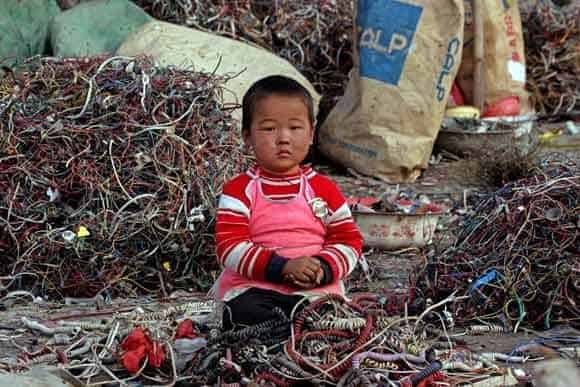RoHS and Contract Manufacturing
June 7, 2010
On the purchasing scene, I constantly see options for RoHS products. There is a slight shift towards contract manufacturers becoming RoHS compliant here in the US, so I decided to look at the nature behind this movement and to see whether or not it is something that Electro Soft, Incorporated should pursue.
What does RoHS Mean?
RoHS means Restriction of Hazardous Substances, based upon the European Union’s Directive 2002/95/EC. It restricts the use of specific hazardous materials found in electrical and electronic products. All applicable products in the EU after 7/1/06 must pass RoHS compliance which is basically a screening and verification using RoHS analyzers such as x-ray fluorescence or SRF metal analyzers.
While it is oftentimes called the “Lead Free” directive, there are six substances that it addresses. The banned materials are as follows:
-
Lead (Pb)
- Mercury (Hg)
- Cadmium (Cd)
- Hexavalent Chromium (CrVI)
- Polybrominated bipheyls (PBB)
- PolyBrominated diphenylethers (PBDE)
The reason behind this switch is due to environmental concerns such as pollution of landfills and dangerous occupational exposure while manufacturing and recycling. As technology changes at a rapid pace, people are getting rid of their obsolete electronics at a higher pace. These electronics are shipped to other countries in order to be recycled where both adults and children become poisoned by the hazardous materials. Unusable parts find their way into landfills, while items that can be recycled are sent back to the United States, thus creating a cycle.


Total lead use in electronics is only 2% world wide and only 4% of the lead in landfills comes from electronic components/boards. While these are only miniscule contributions to the world wide problem, it is easy to see why major brands have made the decision to become RoHS compliant. Panasonic, Apple, Dell and HP are on the growing list of companies that have made or are in the process of the switch. Smaller contract manufacturers will eventually have to fall in line and follow suit.
So what is your position on RoHS compliance? Has your company or any of your clients requested it?

